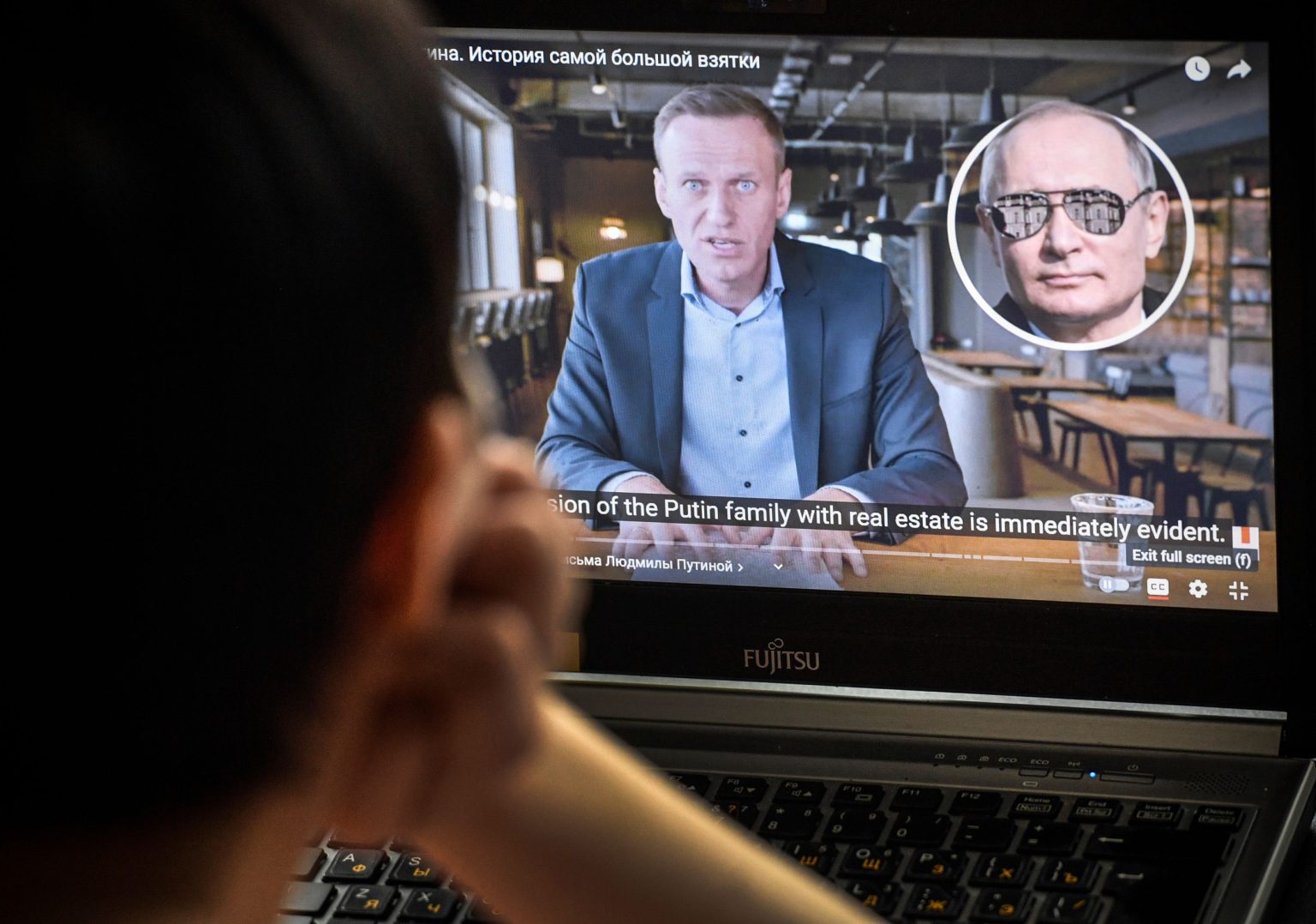Russians have been threatening to take to the streets in protest amid a sudden slowdown of YouTube that began in mid-July. The issue escalated after a member of Russia’s State Duma announced that upload speeds to the platform would be reduced by 70 percent. This action was described as a forced measure due to YouTube allegedly violating and ignoring the law with impunity. By August 8, many users reported that the platform had completely stopped working in cities like Moscow, St. Petersburg, and Yekaterinburg. Some users also noted that high-quality clips would not load on certain desktop browsers. YouTube remains one of the last platforms where Russians can access content with opposition views, particularly during the country’s ongoing conflict with Ukraine.
Although there are no immediate plans to fully block YouTube in Russia, authorities hope that the ongoing loading issues will gradually steer users away from the platform. Independent sources have revealed that the service is still operational but that authorities are hoping that the inconveniences experienced by users will result in decreased usage. Reports indicate that some Russians have attempted to organize protests over the YouTube outage, but local authorities have blocked these efforts citing restrictions due to the COVID-19 pandemic. Despite these challenges, some citizens remain determined to voice their disagreement with the blocking and slowdown of the video hosting service, with one individual expressing the need for citizens to take action to bring about change.
Independent media sources have indicated that Russians, including officials, are considering taking to the streets in protest over the YouTube slowdown. In the past, there have been discussions about the potential banning of YouTube in Russia, with some analysts predicting that such action was only a matter of time. Banning YouTube could have significant implications for freedom of speech and expression in the country, leading to further isolation of Russian society. Suggestions have been made for democratic policymakers to urge Google to cooperate and enhance YouTube’s infrastructure, as well as to review sanctions in order to prevent the restriction of access to information and channels for free expression in Russia.
The German Council on Foreign Relations published an analysis in April that highlighted the importance of preserving YouTube as a platform for free expression and information in Russia. The council emphasized that a ban on YouTube would have negative consequences for democratic principles and freedom of speech in the country, noting that such an action was not a question of if but when. The analysis suggested that urgent action was needed from policymakers to engage with Google and strengthen YouTube’s infrastructure to prevent the further isolation of Russian society. The potential ban on YouTube in Russia raises concerns about the impact on open dialogue, access to information, and freedom of expression in the country.
Overall, the sudden slowdown of YouTube in Russia has sparked concerns among citizens, officials, and independent media outlets about potential restrictions on free expression and access to diverse viewpoints. The platform remains a key source of information and content with opposition views, particularly in the context of ongoing political tensions and conflicts within the country. As users face challenges accessing high-quality content and videos on the platform, questions remain about the future of YouTube in Russia and the implications for freedom of speech and communication. Efforts to address the slowdown and potential banning of YouTube will require collaboration between policymakers, tech companies, and civil society to ensure that democratic principles and access to information are protected for all citizens.








